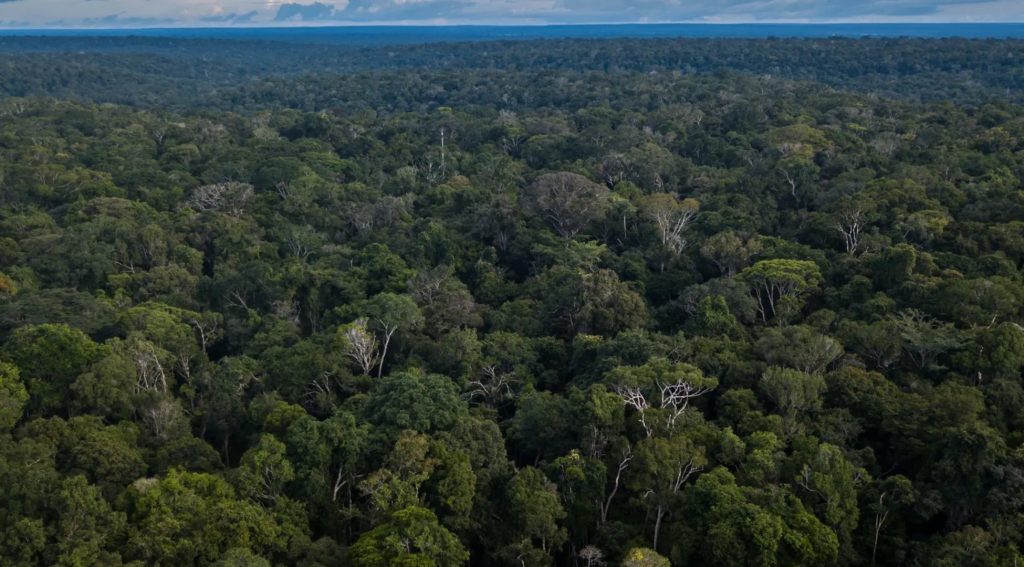The official launch of the Tropical Forest Forever Facility (TFFF), Brazil’s highly ambitious $125 billion mechanism to pay countries for tropical forest conservation, is currently facing delays. This is due to the process of finalizing its complex financial architecture just weeks before the COP30 climate summit in Belém.
The delay in the TFFF launch is primarily due to the intricate challenge of finalizing its financial architecture and resolving its institutional structure.
The core financial model is an unprecedented “complicated math problem”: designers must ensure the fund can generate enough return to pay tropical nations the promised $4 per hectare for standing forest, achieve a prestigious AA or AAA credit rating to attract private investors, and adhere to a strict exclusion list against fossil fuel-related investments. This deliberation led to the postponement of key events, including the main investor roadshow scheduled for September.
Furthermore, the fund was forced to explore new options after the initial plan to partner with the World Bank was complicated by political criticism regarding the mandate of multilateral financial institutions, necessitating a last-minute structural overhaul.
The TFFF is designed to be a market-based investment fund that uses returns to provide permanent, predictable income to forest nations, moving away from traditional grant-based aid. Officials are working to ensure the model is robust enough to attract the $100 billion in private sector investment needed to complement the initial $25 billion in sovereign capital.
The investment, not charity, model:
Despite the delays in the financial roadshow, Brazilian leadership has affirmed its commitment and the innovative nature of the fund.
President Luiz Inácio Lula da Silva announced the first major contribution to the facility during a high-level event in New York.
“Brazil will lead by example and become the first country to commit one billion dollars to the Fund. I therefore invite all partners present to make equally ambitious contributions so that the TFFF can begin operations at COP30 this November in the South American Amazon,” President da Silva said. Speaking about the fund’s transformative intent, he said, “The TFFF is not a charity; it’s an investment in humanity, in the planet against the threat of devastation caused by climate change.”
Minister of the Environment and Climate Change, Marina Silva, reinforced this paradigm shift, highlighting the need for a new approach to conservation finance.
“It is not a donation, but an initiative that operates according to market logic, leveraging private resources from public investments. For every dollar contributed by countries, it is expected to mobilize about four dollars from the private sector, creating a permanent trust fund,” Silva said.
Governance and global support:
The TFFF mechanism is designed to generate up to $4 billion annually for more than 70 eligible forest nations. The head of the Brazilian Forest Service, Garo Batmanian, noted the fund’s strong environmental and social criteria.
“The TFFF supports countries that already have low deforestation rates by increasing resources for their conservation, sustainable use, and restoration programs and policies,” he said. “Participating countries must have transparent financial management systems and agree to set aside 20% of the resources specifically for Indigenous peoples and traditional communities.”
This commitment to direct funding for local communities was a major win for advocates. The Global Alliance of Territorial Communities (GATC), which co-designed the allocation mechanism, welcomed the progress but remained focused on full implementation:
“The guarantee that a minimum of 20% of results-based payments from the TFFF will be channeled directly to frontline forest defenders represents a historic victory that consolidates the leading role of our peoples in addressing the climate crisis,” the GATC stated in a public release.
The fate of the TFFF’s initial capitalization now rests on the final financial details and a strong showing of commitment from other wealthy nations at the COP30 summit in November.
A race to COP30:
The launch of the TFFF is a central pillar of Brazil’s strategy for COP30, aiming to showcase a new paradigm for climate finance led by the Global South. The pressure is on for the facility’s organizers to finalize the financial engineering before world leaders convene in Belém in November to discuss the global pathway to limiting warming to 1.5∘°C.
The success of the fund hinges on its ability to meet the initial target of $25 billion from sovereign nations to catalyze the projected $100 billion in private investment. The looming deadline presents a high-stakes challenge for Brazil as it seeks to redefine the economics of forest conservation.













